























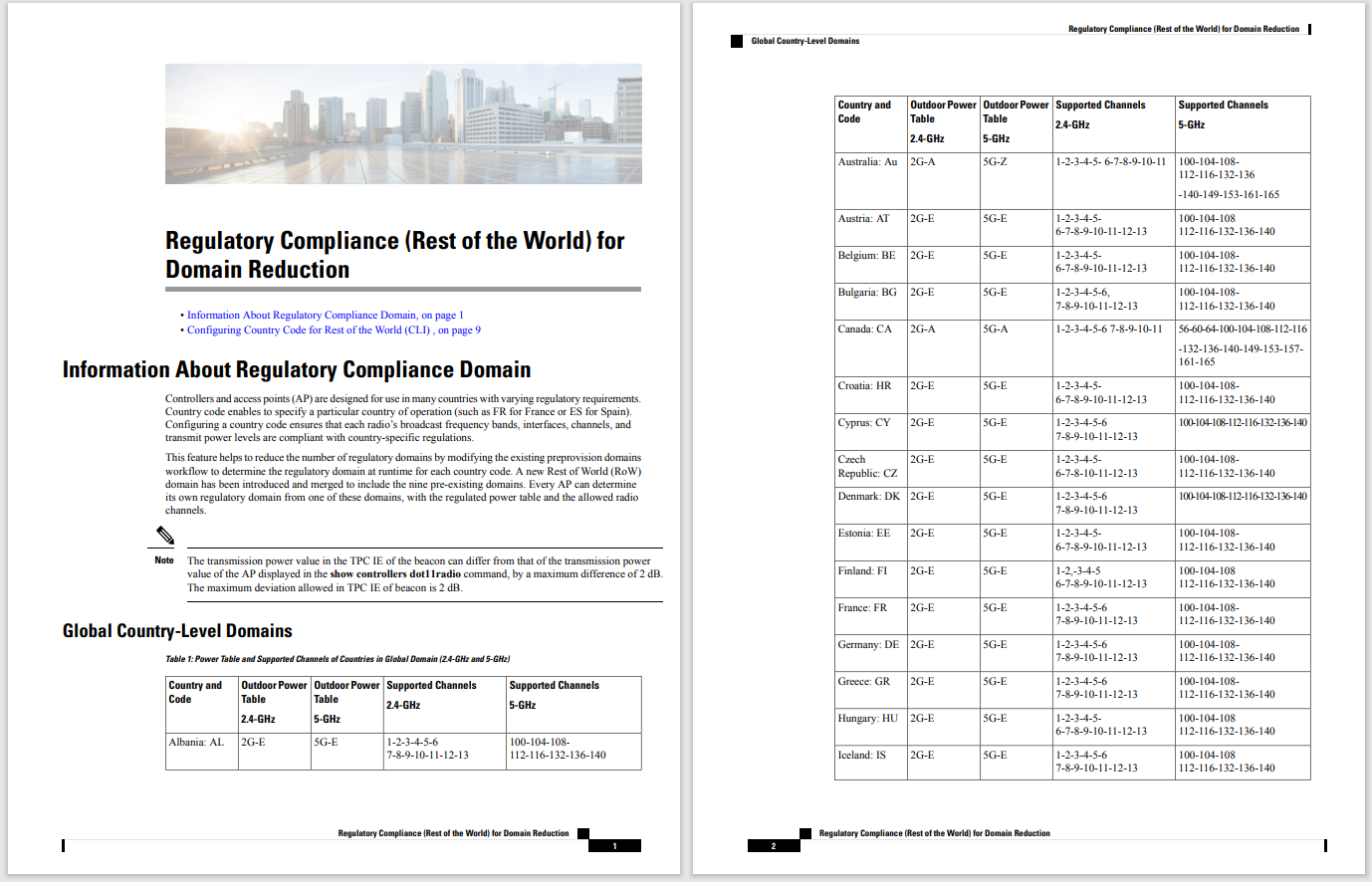
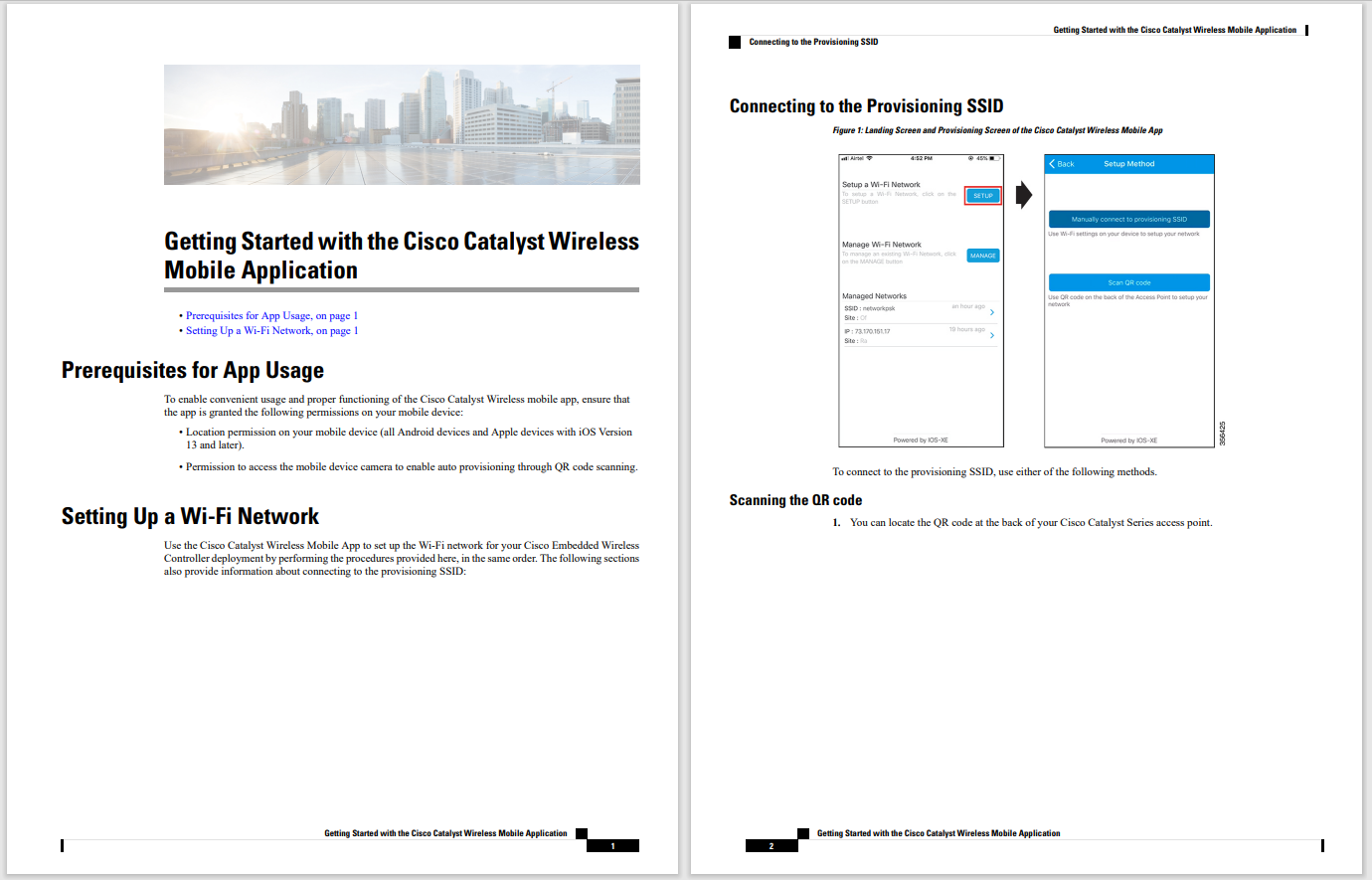
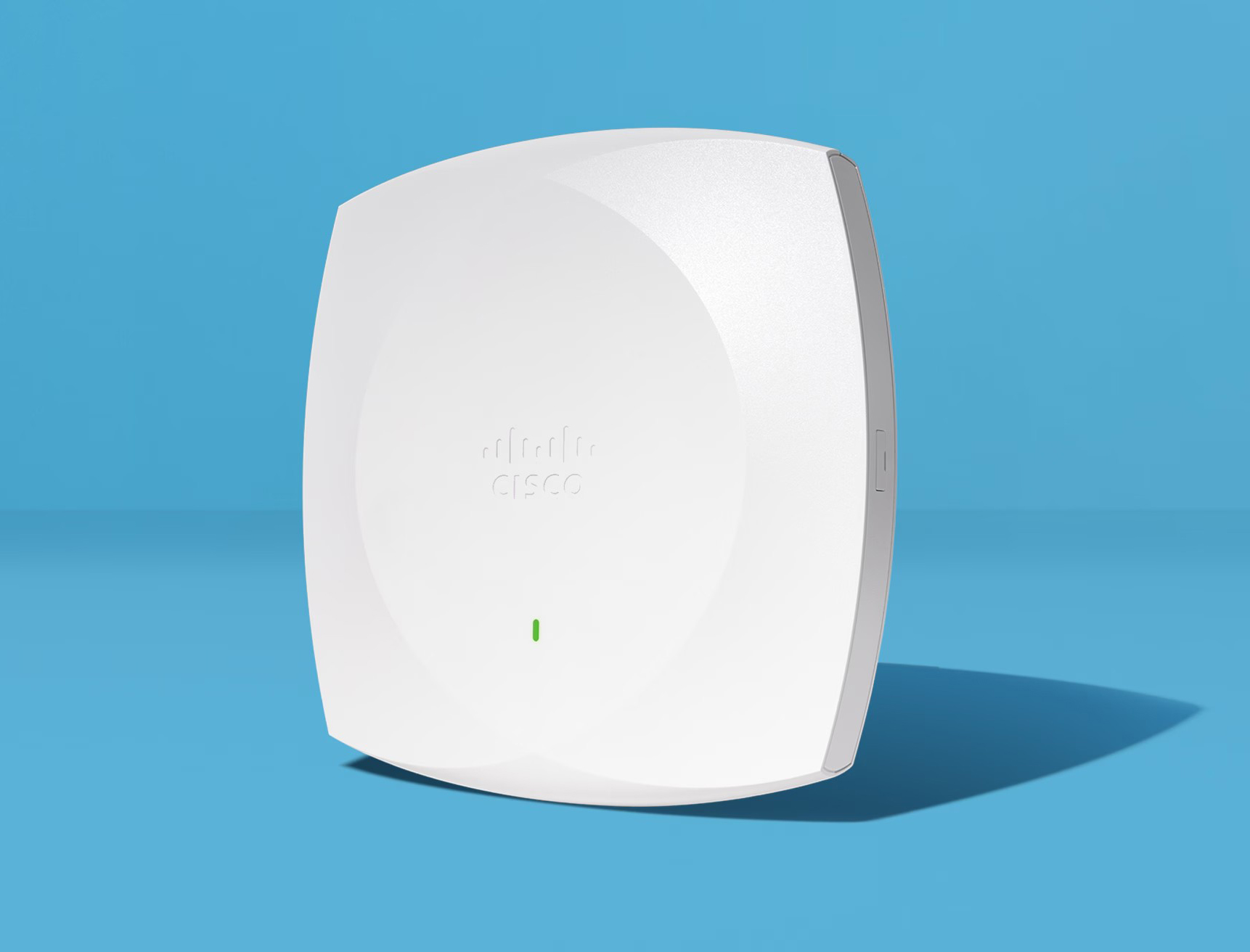
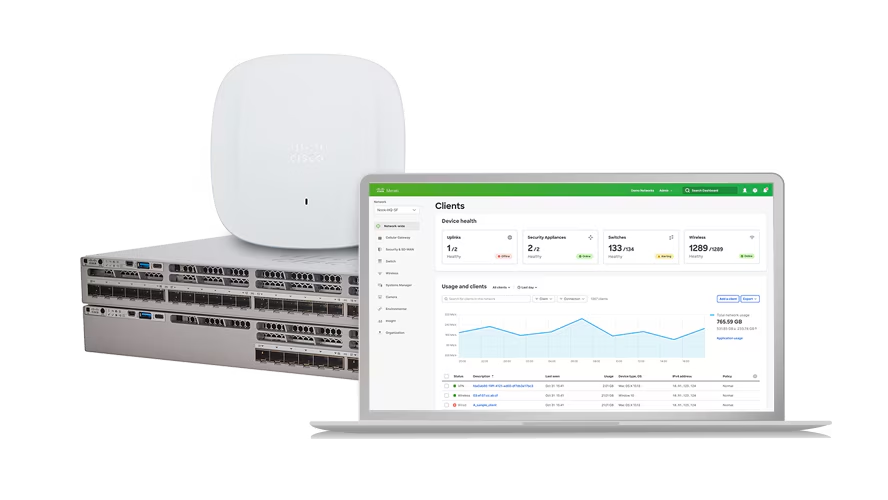
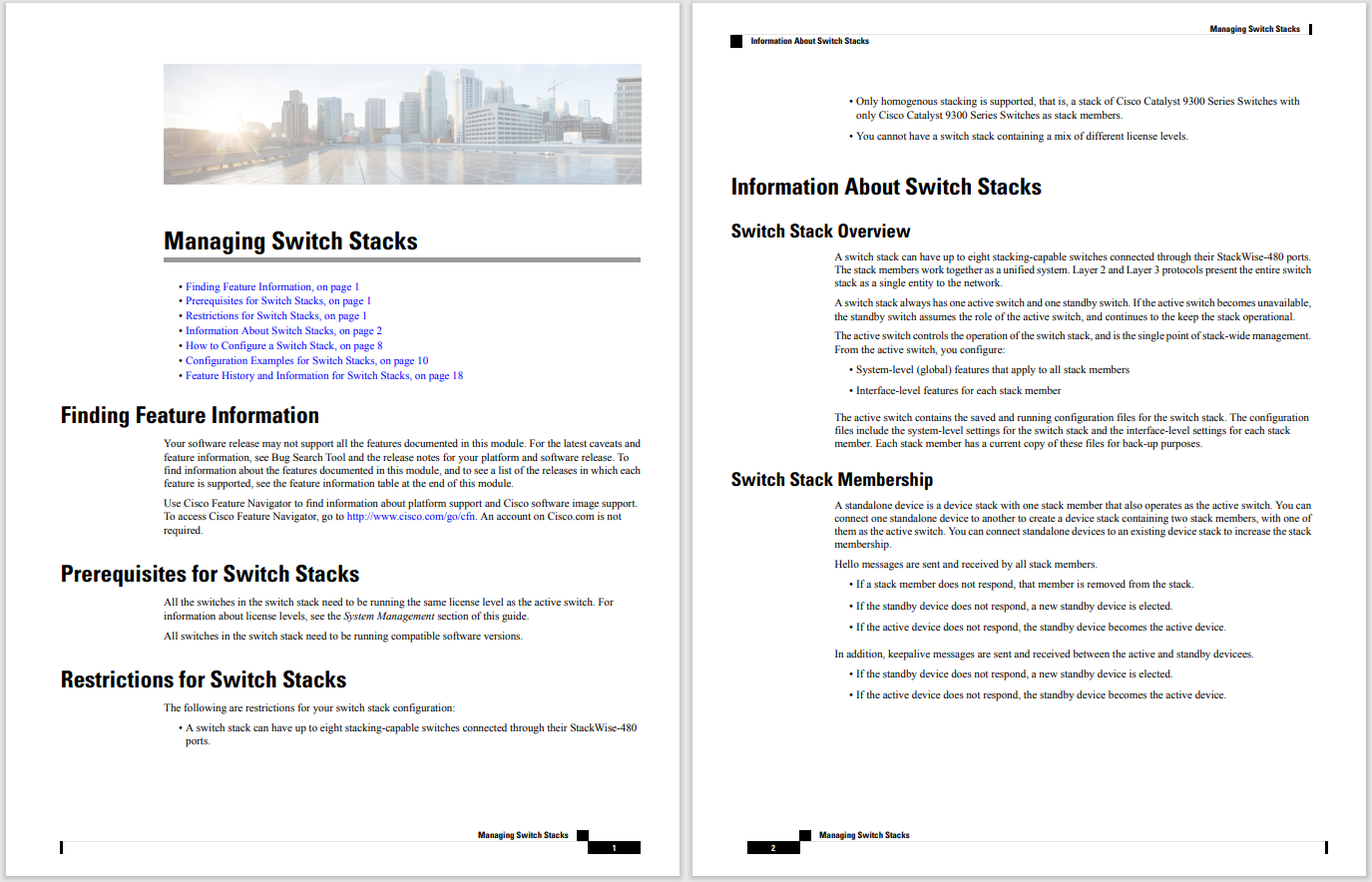
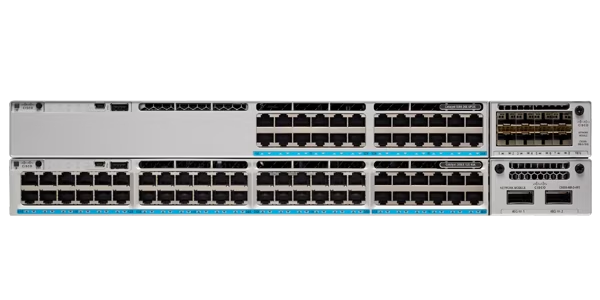


The new Apple Watch lands this week, and that has people excited about the potential -- and untapped potential -- of this device.
Should the Apple Watch break free of the iPhone?
Could the Apple Watch break free of the iPhone?
This is whatBloomberg's Mark Gurmanhas been pondering in the latest Power On newsletter. Here Gurman ponders on "how and why Apple should completely free its watch from the iPhone."
Gurman even goes on to list some of the things the Apple Watch would need to become a standalone device, things such as its own cellular plan, better battery life, a Safari web browser (which Gurman himself says would "probably be a mediocre experience because of the small display size"), the ability to multitask while on a call, and a version of the Watch app for the Mac and iPad.
Here's the thing. Apple doesn't need the Apple Watch to become standalone. It's a companion device for people who have an iPhone. The idea that the Apple Watch needs to be standalone is reductive and doesn't make sense for several reasons.
First, why sell one device when you can sell two?
That's the whole idea of a companion device.
Then there's the fact that the Apple Watch does things the iPhone cannot -- ECG, for example -- so an equivalent claim could be made that these features should be rolled into the iPhone and make both standalone.
But another, and probably more significant, reason is one that Gurman himself touches on -- the Apple Watch just isn't the right form factor to be standalone.
Yes, Joe 90 might have had a wristwatch that rivaled a sonic screwdriver, but here in the real world, tech has constraints.
Screen size and battery life being two.
The Apple Watch is tiny, and while the latest version brings with it a keyboard, I'm betting that this is a lackluster experience that will be of limited use.
Yes, it will be great for short messages -- stuff that Siri should really be able to do -- but I can't see long screeds being composed on it.
While Apple tried to initially position the Apple Watch as a fashion accessory, that didn't last long, and its transition to a fitness and health device that also acts as a small screen for notifications and a way to make voice calls when your iPhone isn't nearby, makes more sense.
It certainly makes more sense when you consider the technical limitations of making a watch-sized gadget "smart."
While battery chemistry will change and improve, certain things about the form factor of a watch -- size, weight, how much screen real estate it can offer -- will not.
On top of that, the Apple Watch doesn't have to fulfill all our technical fantasies. It's already the best, most functional, most fully-featured smartwatch out there, and the price -- given what it is and the fact that Apple makes it -- is not bad at all.
It's already convinced people who'd given up on wristwatches to start wearing one again.
All Apple needs to do as far as the Apple Watch is concerned is keep it a step ahead of the competition -- and right now, it's a country mile ahead of the nearest -- and keep it competing enough that people are happy to upgrade every year or so.
Selling iPhones is Apple's top priority.
 Tags quentes :
Negócio
Empresas
Tags quentes :
Negócio
Empresas